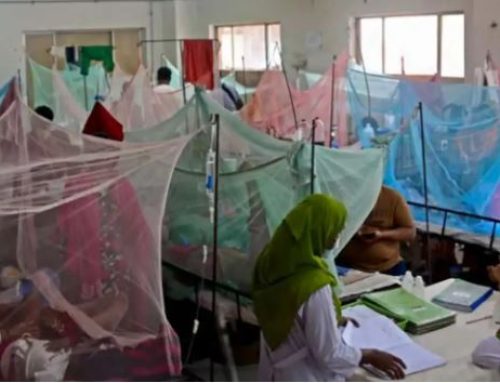Project Description
Author: Hossain et al.
Summary:
Bangladesh is experiencing a demographic transition, with a rapid increase in the proportion of elderly individuals in its population. Elderly population often remain more susceptible to inadequate nutritional status. This study aims to conduct a comprehensive assessment of the nutritional status of the institutionalized elderly population in Bangladesh.
This will be a cross-sectional observational study which will be conducted in selected old homes of Dhaka city among the elderly population aged more than 60 years. The study duration will be 6 months between July, 2023 and December, 2023. A total of 325 elderly population aged >60 years will be included as a sample of the study. A structured questionnaire will be used for data collection. The questionnaire consists of socio-demographic information and nutritional assessment by the Mini Nutritional Assessment- Short Form (MNA-SF). Informed written consent will be ensured before participation. Statistical analyses will be performed with Statistical Package for Social Science (SPSS) version 25.0. A p value of <.05 will be considered statistically significant. Tables, graphs, and charts will be used to present the findings. The research will conform to the Declaration of Helsinki.
The study will employ comprehensive dietary assessments, anthropometric measurements to evaluate the dietary intake, nutritional deficiencies, and others markers among the participants. By exploring these factors, the study can shed light on the determinants of nutritional status among institutionalized elderly individuals and identify potential areas for intervention and improvement. Ultimately, the findings will contribute to evidence-based recommendations and interventions to enhance the nutritional well-being of institutionalized elderly individuals in Bangladesh. Tailored dietary plans, education programs, and policy recommendations can be developed to address the identified gaps and improve the overall health outcomes of this vulnerable population. Moreover, the study’s results will provide valuable insights for policymakers, healthcare professionals, and institutions involved in the care and support of elderly individuals.
Status: Ongoing
Full text link: Not available



